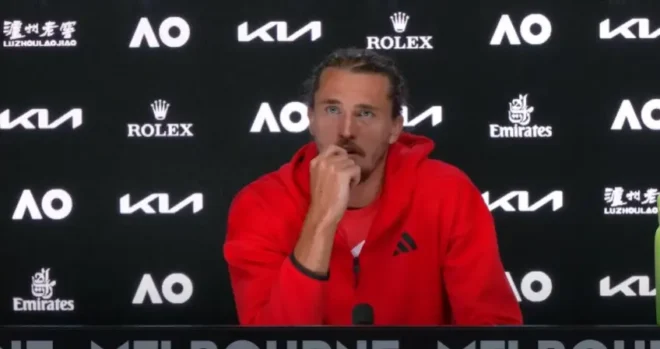
In February 2025, the tennis world was rocked by the announcement that World No. 1 Jannik Sinner had accepted a three-month suspension following a positive test for clostebol, a prohibited substance. The suspension, effective from February 9 to May 4, 2025, allows Sinner to return just in time for the French Open. This decision has ignited a firestorm of debate among players, officials, and fans, with many questioning the leniency of the ban and its implications for the sport’s integrity.
The Doping Incident and Suspension Details
The controversy began in March 2024 during the Indian Wells tournament, where Sinner tested positive for clostebol. According to reports, the substance entered his system inadvertently through a massage cream applied by his physiotherapist, who had injured his finger and used the cream for treatment. The International Tennis Integrity Agency (ITIA) initially found no intentional wrongdoing on Sinner’s part and opted not to impose a suspension. However, the World Anti-Doping Agency (WADA) challenged this decision, leading to a settlement in which Sinner accepted a three-month ban to avoid a potentially longer suspension if the case proceeded to the Court of Arbitration for Sport (CAS). This agreement has been criticized by some as “too convenient,” as it allows Sinner to return in time for major tournaments like the French Open.
Alexander Zverev’s Strong Remarks
Among the most vocal critics of the decision is German tennis star Alexander Zverev. Expressing his bewilderment, Zverev stated, “It’s strange. Either you shouldn’t be suspended at all if you’re not guilty, or you should be suspended longer if you are guilty.” He questioned the rationale behind a suspension that seems to serve as a minimal deterrent, allowing Sinner to maintain his standing in the sport with minimal disruption.
Reactions from Other Players
Zverev is not alone in his criticism. Novak Djokovic, a prominent figure in tennis, also weighed in, suggesting that the leniency of Sinner’s ban could be perceived as favoritism. Djokovic remarked, “I spoke with several players… Many of them believe there was favoritism.”
Australian player Nick Kyrgios and Swiss veteran Stan Wawrinka have also expressed concerns. Kyrgios questioned the consistency of anti-doping regulations, while Wawrinka emphasized the need for transparency and equal treatment for all athletes, regardless of their ranking or status. These reactions highlight a broader unease within the tennis community about the implications of Sinner’s case for the sport’s credibility.
WADA’s Defense and Clarifications
In response to the backlash, WADA’s chief counsel, Ross Wenzel, defended the settlement, stating that Sinner’s case was “a million miles from doping.” Wenzel emphasized that similar settlements have been reached in other cases and that the decision was based on the specific circumstances of Sinner’s situation. He urged those concerned to review the detailed facts as outlined by the Independent Tribunal, noting that Sinner’s previous samples had tested negative and that the clostebol entered his system indirectly.
Implications for Sinner’s Career and Rankings
Despite the suspension, Sinner’s strategic acceptance of the three-month ban allows him to return in time for significant tournaments, including the French Open. This timing has led to speculation about the potential impact on his world No. 1 ranking. Players like Alexander Zverev and Carlos Alcaraz have opportunities to overtake Sinner in the rankings during his absence, adding another layer of complexity to the situation.
Broader Impact on Tennis
The Sinner case has sparked a broader debate about the effectiveness and fairness of anti-doping regulations in tennis. Critics argue that lenient suspensions for high-profile players could undermine public trust in the sport’s commitment to fairness and integrity. The controversy serves as a reminder of the delicate balance that governing bodies must maintain between enforcing strict anti-doping measures and ensuring that penalties are proportionate to the offenses committed.
Conclusion
The three-month suspension of Jannik Sinner has exposed deep divisions within the tennis community regarding anti-doping policies and their enforcement. While some defend the decision as a fair resolution based on the specifics of the case, others view it as a troubling precedent that could erode trust in the sport’s integrity. As Sinner prepares to return to competition, the ramifications of this controversy are likely to influence discussions about doping regulations and athlete accountability in tennis for the foreseeable future.